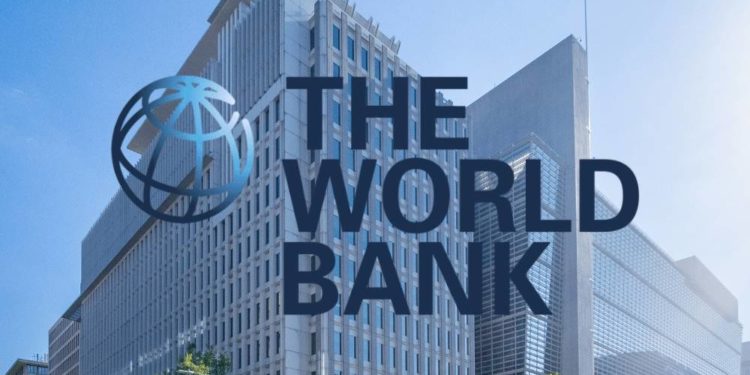The World Bank has called on Kenya to increase consumption-based taxes such as Value Added Tax (VAT) and excise duties to address its growing fiscal pressures. The institution argues that higher taxes, especially on alcohol, tobacco, and other discretionary goods could help the government clear pending bills amounting to more than KES 526.0 billion while promoting healthier consumption patterns.
In its latest fiscal review, the Bank recommends a significant upward adjustment in so-called “sin taxes,” proposing a 117.0% increase on alcohol and a 50.0% rise on tobacco products to restore rates to their 2016 levels. It further advises that these levies should be automatically indexed to inflation and economic growth each year. This approach, the Bank notes, would prevent revenue erosion over time and ensure the taxes continue to support both fiscal and public health objectives.
The World Bank also suggests the introduction of a carbon tax on imported fuels. Such a measure would serve a dual purpose, generating new income for the Treasury and incentivizing cleaner energy alternatives as Kenya transitions toward a more sustainable economy. By targeting emissions through taxation, the government could position itself as a regional leader in green fiscal reform.
According to the report, Kenya’s excise duties have lagged behind inflation and the pace of economic expansion, causing a gradual decline in the share of revenue these taxes contribute to GDP. Adjusting the rates upward, the Bank argues, would help reverse this trend by unlocking substantial additional income without directly increasing the burden on productive sectors like manufacturing or agriculture.
The proposals come at a time when Kenya faces growing economic strain. Rising debt repayments, inflationary pressures, and subdued consumer spending have left limited room for the government to maneuver. Many households are struggling with reduced purchasing power, leading to weaker demand for non-essential goods, including beer, spirits, and cigarettes. The World Bank believes that rebalancing the tax structure toward consumption, particularly on harmful products, offers a more sustainable solution than excessive borrowing or ad-hoc levies on essentials.
Beyond revenue generation, the Bank emphasizes the public health dimension of its recommendation. Higher excise duties on alcohol and tobacco are known globally to reduce consumption, lowering rates of addiction, disease, and related healthcare costs. The institution notes that these dual benefits, fiscal and health, make sin taxes an efficient tool for countries navigating both economic and social challenges.
In essence, the World Bank’s call is not simply about collecting more taxes but about modernizing Kenya’s revenue system to reflect current realities. By linking taxes to inflation, adopting environmentally conscious measures like carbon pricing, and discouraging harmful consumption, Kenya could strengthen its fiscal resilience while safeguarding public welfare.
If implemented carefully, the reforms could provide the Treasury with much-needed relief, restore investor confidence, and place Kenya on a path toward more sustainable and responsible growth

















